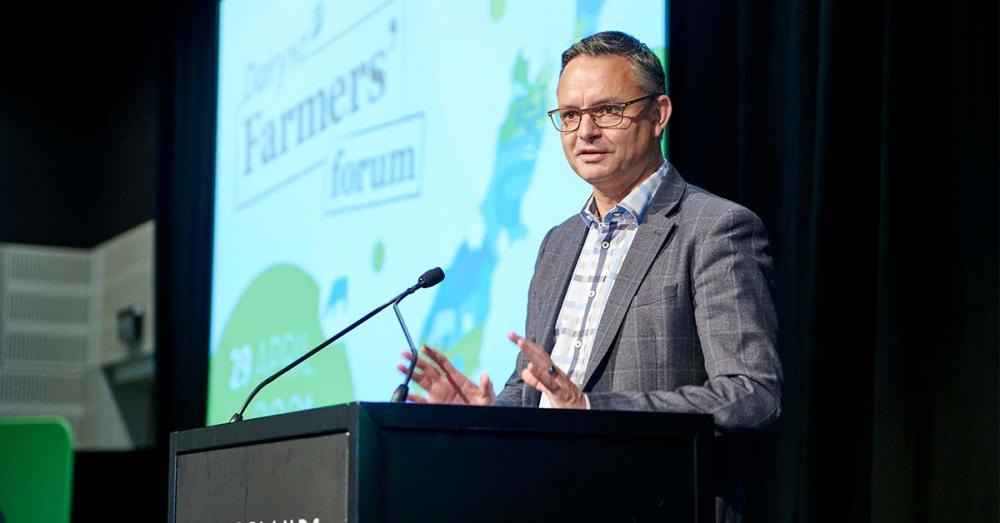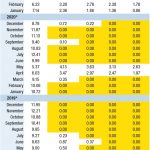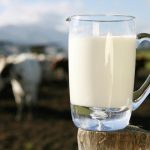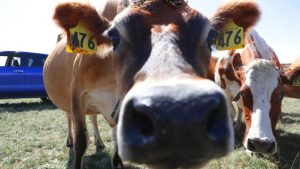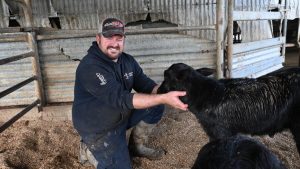
Shaw opened the forum and acknowledged the sector’s economic contribution and its progress in attempting to lower its emissions profile.
“We know that New Zealand’s dairy farmers have amongst the lowest carbon footprint per unit of production in the world,” Shaw said.
“That is something for us to build on, to bend the curve on our total emissions output, because it is our total emissions that cause climate change.”
Shaw says developments within the sector are changing the way things are being done on the farm.
“These are making significant impacts for the farmers adopting them, reducing their emissions, while at the same time increasing their profitability. Our task now is to roll out these innovations and changes in farm practice right across the country,” he said.
“There is a lot of work to be done, but if we get it right, there will be a cleaner and more productive country.
“We know that per unit of production, we’re doing really well. We also know that we are getting productivity gains that are historic within NZ, but also that other countries around the world are making a move on as well.”
Between 2010 and 2017, per unit of production gains had fallen from 0.88kg-0.75 of CO2/kg of product.
“That’s a gain of 12-15%. That’s pretty significant to have done that in only seven years,” he said.
Shaw says that it was a myth that this was as good as it gets in terms of gains for the dairy sector.
“We know from history we are incredibly innovative and productive,” he said.
In the past few years, the sector had shown its commitment by reducing emissions through climate change ambassadors and He Waka Eke Noa.
The bad news was that while emissions per unit of production had fallen, sector expansion meant it still had a high emissions profile.
Despite that, Shaw believed the industry’s per unit of production fall showed the industry was on the right path to change that profile.
Shaw says he wants to focus on the contribution the sector can make to the world beyond just exporting food.
“Because New Zealanders are leaders in high productivity, low emissions per unit agriculture, there is a role we can continue to play and should play in assisting the world to produce more food than it already does to feed a growing population in a way that is economic and helps reduce emissions,” he said.
He Waka Eke Noa also allowed farmers to come up with a tailored solution to reducing emissions at an individual farm level.
“We want to put power in the hands of farmers, as much as possible,” he said.
“It’s not easy and if we do it, we will be the first country in the world to do that.”
If NZ managed to get He Waka Eke Noa right, it will be something the sector can be proud of.
He says the concept could also be exported to other countries to help them lower their emissions.
“All of those things create a virtuous circle where what is good for us and what is good for the planet also happens to be good for the rest of the world as well,” he said.
